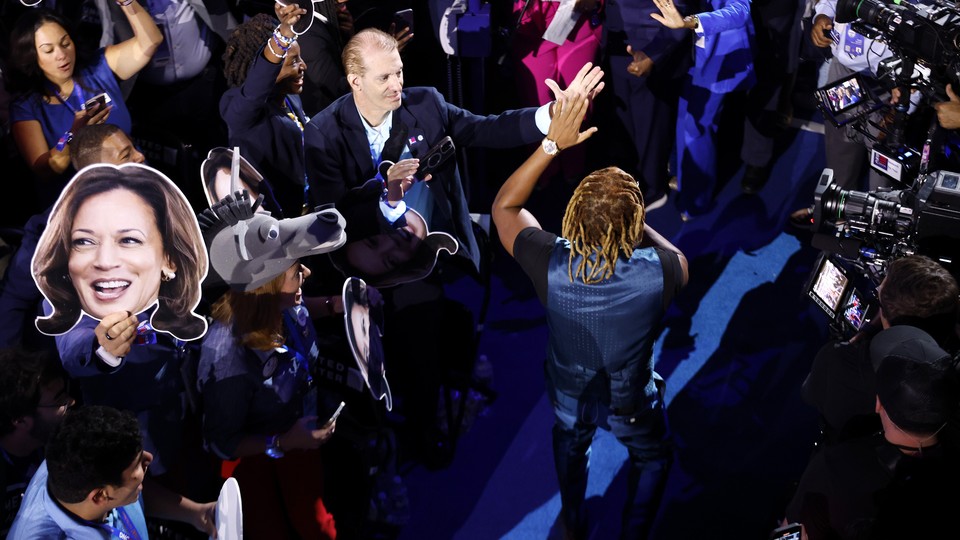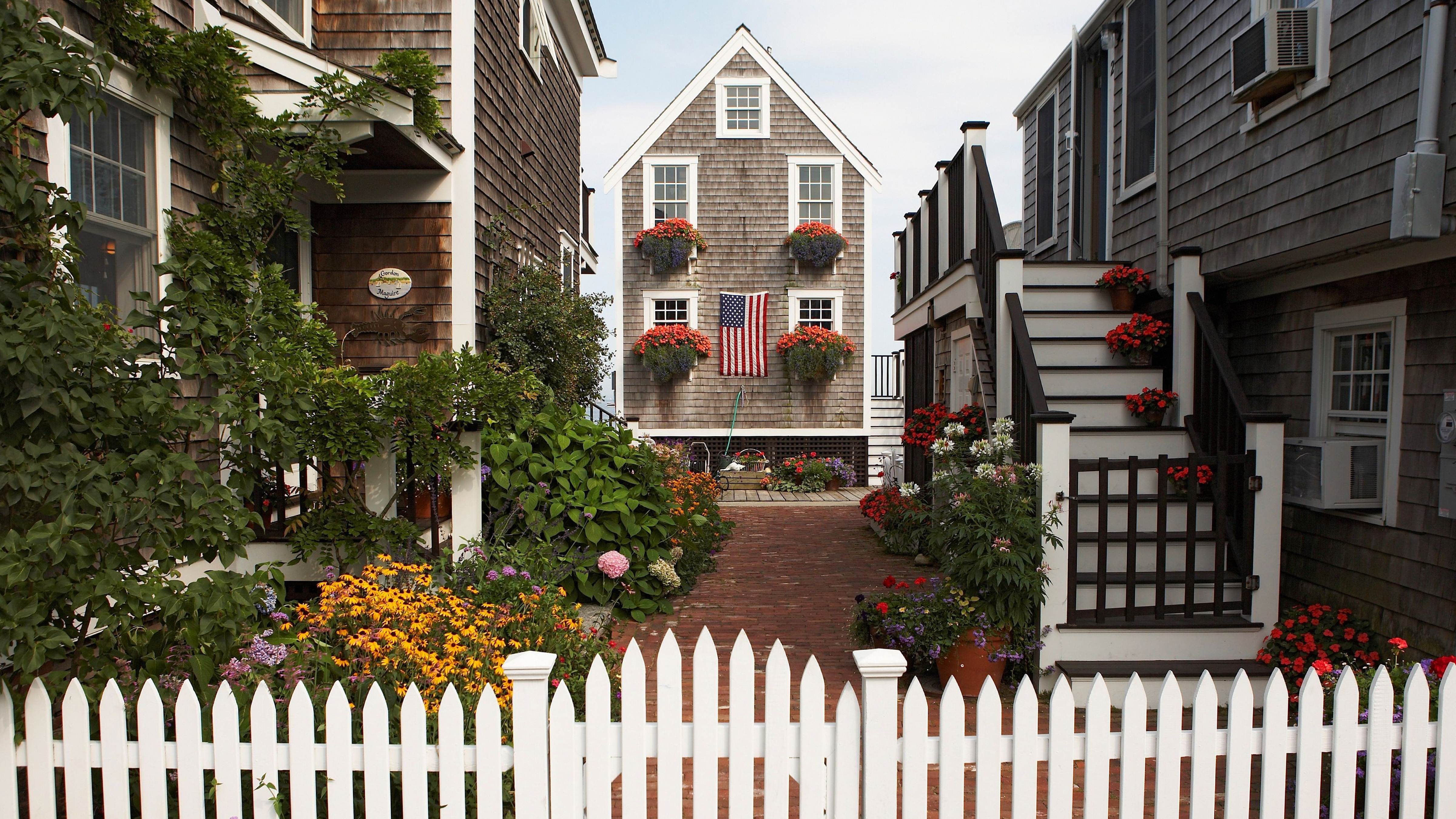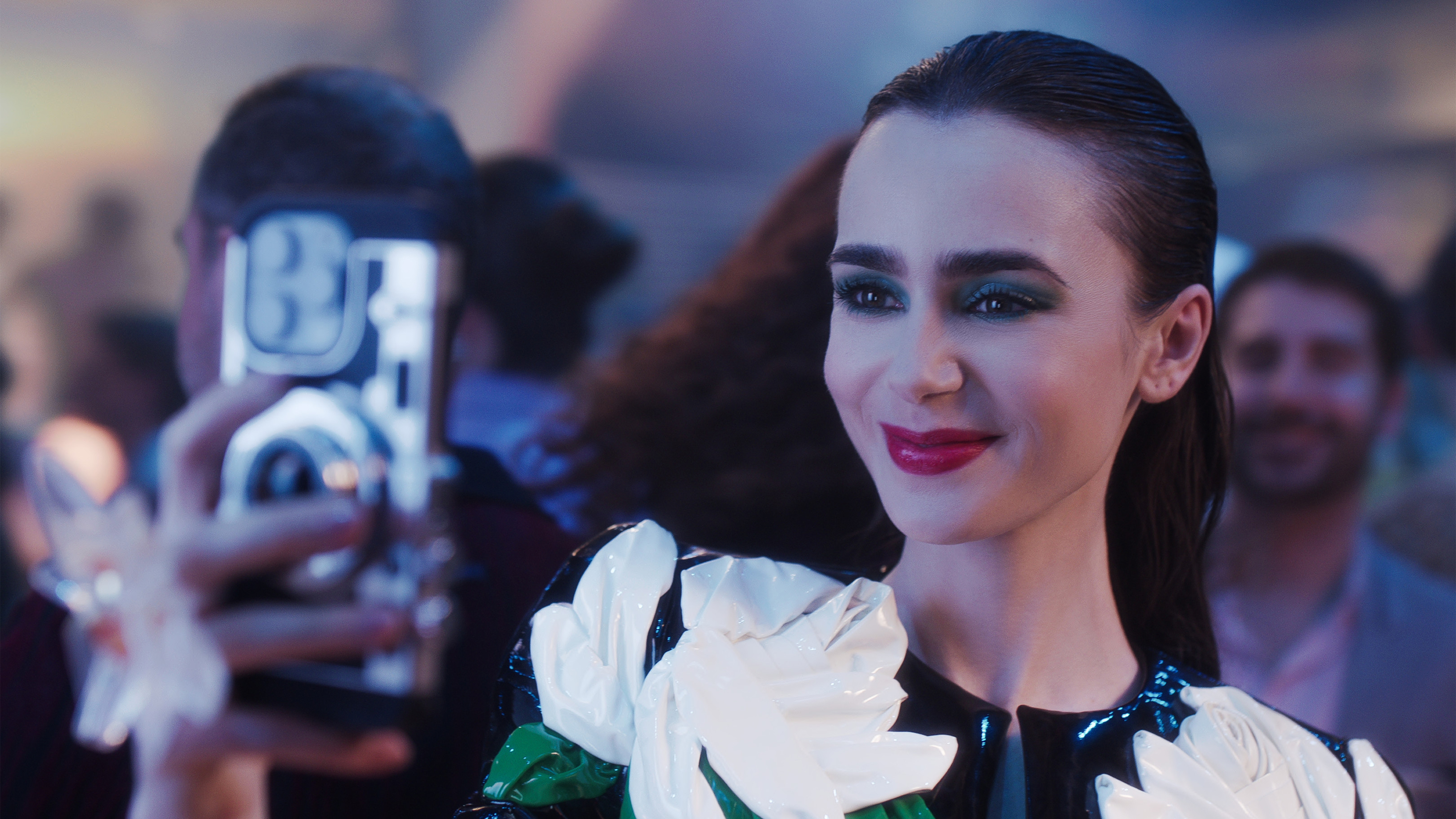The Truth About Celebrities and Politics
7 min read
This is an edition of The Atlantic Daily, a newsletter that guides you through the biggest stories of the day, helps you discover new ideas, and recommends the best in culture. Sign up for it here.
In his DNC address, former President Barack Obama warned about putting a premium on “money, fame, status,” and “likes.” At the same time, his fellow Democrats are shrewdly deploying celebrities and influencers to help propel Kamala Harris to victory this November. How should voters square this tension?
First, here are three new stories from The Atlantic:
- Did God save Donald Trump?
- Kamala Harris settles the biggest fight in the Democratic party.
- The Democrats aren’t on the high road anymore.
The Pop-Culture Election
Years from now, if someone asks you to recall a specific moment from the 2024 Democratic National Convention, what will come to mind? I’d probably mention Lil Jon bounding through the audience and hyping up the arena during the 50-state roll call. Political pundits often dismiss such spectacles as meaningless bombast. But the reality is, these are the moments that make politics fun. For better or worse, images—not policies—remain lodged in voters’ brains. You can fight that fact or you can use it to your advantage.
Maybe you’ve heard the joke that D.C. is “Hollywood for ugly people.” These days, the line between the political world and the celebrity world has all but vanished. Last night, just before prime time, the Harris campaign sent out a fundraising email from the Veep star Julia Louis-Dreyfus: “I know a thing or two about vice presidents,” it read. “And let me tell you, Kamala Harris is the real deal.” In Chicago, Lil Jon’s performance wasn’t the only celebrity appearance. Spike Lee, Patti LaBelle, Common, Eva Longoria, Wendell Pierce, Sean Astin, Don Cheadle, and others were all inside the United Center last night. Jason Isbell, Mickey Guyton, and Tony Goldwyn popped up the night before. The Democratic National Committee has also invited more than 200 influencers and “content creators” to the convention—people who know how to secure those dreaded “likes.”
The Harris campaign is leaning into the celebrity-fication and meme-ification of politics, and, so far, it’s working. On social media, Harris’s official rapid-response account, @KamalaHQ, has embraced Charlie XCX’s “brat” iconography, and the campaign recently referenced the infamous internet jokester @dril in an official press release. With these subversive actions, they’re courting younger, terminally online voters who may have been tuning out this election altogether—even if it all feels a bit strange to older supporters.
Obama—the first president of the social-media age—lamented certain aspects of our internet-inflected life last night. “We chase the approval of strangers on our phones,” he said. “We build all manner of walls and fences around ourselves, and then we wonder why we feel so alone.”
The former president’s address was sharp, poignant, and funny (following an absolute barn burner of a speech from the former first lady). But it was his section on modern life that stuck out to me most. The message seemed a bit out of sync with the fact that Barack and Michelle Obama are celebrities themselves. Since leaving the White House, the duo’s work has been anchored in an entertainment company that has produced Oscar-winning documentaries and slick Netflix movies. Both Obamas have written extremely popular memoirs. Both have famous friends. The former president’s literature and music suggestions have become beloved perennial lists. To be sure, none of that is a problem—merely a reflection of contemporary existence. Americans “stan” all manner of famous people in parasocial ways. Even Harris’s running mate, the salt-of-the-earth Tim Walz, who will headline tonight, has become an unlikely celebrity in recent weeks.
Celebrities also played a role in the intraparty fighting that led to President Joe Biden’s withdrawal from the race. After Biden’s disastrous debate performance, journalists and political experts published reams of articles calling for Biden to step aside. And yet it was an op-ed from the Democratic fundraiser and actor George Clooney that seemed to catalyze a broader movement to force Biden’s hand. For better or worse, celebrity culture is American culture. Republicans know this too. Arguably the most-talked-about moment from last month’s Republican convention in Milwaukee was Hulk Hogan ripping off his shirt, rivaled only by Kid Rock singing “American Bad Ass.”
Though the current iterations of the Democratic and Republican Parties couldn’t be more different from each other, they both know how Americans think—and where the race is. This election may come down to the state of Pennsylvania, birthplace of Taylor Swift. If either party could somehow persuade Swift, the biggest pop star on the planet, to stage a benefit concert in Pennsylvania, the election might be over. But Swift has spent most of her career avoiding politics altogether. A few days ago, Trump boosted an AI image of Swift on Truth Social and “accepted” a Potemkin endorsement from the star and her fans. It wasn’t real—but its potential impact was.
Back to last night’s surprise star: Lil Jon. He was ostensibly there to represent his home state of Georgia during the roll call, though his appearance may have had another layer of meaning. Lil Jon was among the contestants who once appeared on The Celebrity Apprentice—Trump’s old reality-TV show. At the 2011 White House Correspondents’ Dinner, Obama taunted Trump at length, fed up with his birtherism conspiracy-mongering. “Obviously we all know about your credentials and breadth of experience,” Obama said to Trump while up on the dais. He described a recent episode of The Celebrity Apprentice and Trump’s choice of whom to “fire” on TV. “Ultimately you didn’t blame Lil Jon or Meat Loaf—you fired Gary Busey,” Obama deadpanned. “And these are the kind of decisions that would keep me up at night. Well handled, sir. Well handled.”
That night, the room roared with laughter. Trump sat in the audience, humiliated. Four years later, he would descend the golden escalator inside his namesake tower and change the course of history. Trump would go on to become one of the most famous people to ever live.
America has always been a place where celebrities lead and others follow. But over the past few elections, our politics and our lives have never been more intertwined with all things celebrity. To win an election, you may just have to pay that premium.
Related:
- Can memes really win elections?
- The forgotten secret of Trump’s success (From 2021)
Today’s News
- Robert F. Kennedy Jr. announced that he will address the nation about the future of his campaign on Friday in Phoenix. Sources told multiple news outlets that Kennedy is expected to drop out of the race and endorse Trump, but Kennedy would not confirm or deny the reports.
- Italian authorities said that five bodies have been recovered from the yacht that recently sank off the coast of Sicily.
- Russian officials said that the country’s air-defense system repelled Ukraine’s drone attack on Moscow, which was one of the largest drone-attack attempts on the city.
Dispatches
- The Books Briefing: The Atlantic contributing writer Walt Hunter interviewed the Diné poet Kinsale Drake about how poetry can map defiance.
Explore all of our newsletters here.
Evening Read

Cape Cod Offers a Harbinger of America’s Economic Future
By Rob Anderson
A decade ago, I opened a restaurant in Provincetown, Massachusetts, and found out quickly how perilous our local economy can be.One afternoon in July, a few of my line cooks—all Jamaican culinary students who had traveled to the United States on student work-study visas—rolled into work late for the third time that week. The other cooks were annoyed. So was I. I’d been spending my days stumbling through what seemed like impossible situations, and here was one more crisis.
But the students had a good excuse: They had landed in Provincetown with two promises from a nearby restaurant: a summer job and a place to live. The job had materialized (as had a second one, filling in at my restaurant). The housing hadn’t.
Read the full article.
More From The Atlantic
- Charlie Warzel: The MAGA aesthetic is AI slop.
- Mark Leibovich: The DNC is a big smiling mess.
- Republicans’ new, dangerous attempt to break the election
- The huge DNC protest that wasn’t
- Could Donald Trump break the Fed?
- The new law of electoral politics
Culture Break

Watch (or skip).Emily in Paris (available on Netflix) is the epitome of guilty-pleasure viewing. It should probably stay that way, Hannah Giorgis writes.
Debate. When is it okay to not finish a book? Sophie Vershbow walks through how to decide to put a book down.
Play our daily crossword.
Stephanie Bai contributed to this newsletter.
When you buy a book using a link in this newsletter, we receive a commission. Thank you for supporting The Atlantic.



